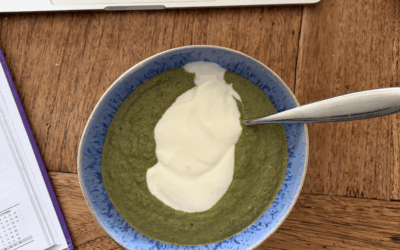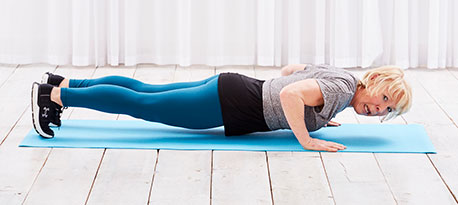Whenever people hear the word cholesterol, they automatically think heart attacks and strokes. Let’s take a closer look.
What is cholesterol?
It’s a fatty substance known as a lipid and is vital for the normal functioning of the body. It helps make hormones, cell membranes, fat-soluble vitamins and digestive acids. It is mainly made by the liver and is carried in your blood by proteins. When the two combine they are called lipoprotein.
- LDL (low-density lipoproteins) carries cholesterol from the liver to the cells that need it. If there is too much cholesterol for the cells to use, it can build up in the artery walls leading to disease of the arteries. Therefore it tends to be known as the ‘bad’ cholesterol.
- HDL (high density lipoproteins) HDL carries cholesterol away from the cells and back to the liver where it is either broken down or passed out of the body as a waste product. This is referred to as the ‘good’ cholesterol.
Having high levels of LDL (the bad stuff) in your blood can be caused by eating too much fatty food, too much sugary and processed food, smoking, drinking too much alcohol and being overweight. It also runs in families so you may have ‘high cholesterol’ genetically.
But the thing is, it doesn’t cause symptoms as such. You can only find out if your cholesterol is high if you get a cholesterol test done at your GP.
If you do get a test done, you will most likely be told the total cholesterol (i.e both HDL and LDL). It’s the whole test however which should be able to give you more detailed information so make a point of asking your GP for it.
Healthy levels are as follows (the measurements are millimoles per litre of blood. (You can google what a millimole is… it’s complex)
- Total Cholesterol – 5
- HDL (good) – 1 or above
- LDL (bad) – 3 or below
- Non-HDL (still bad) – 4 or below
- Triglycerides – 2.3 or below
Do I need to be bothered by cholesterol?
Too high levels of cholesterol can increase your risk of atherosclerosis (narrowing of the arteries), heart attacks, strokes and mini-strokes (TIA). This is because cholesterol can build up in the artery wall thereby restricting flow of blood to your heart, brain and the rest of your body. The chance of a blood clot developing is also increased.
The following factors will contribute greatly towards the risk of heart disease and stroke if you have high cholesterol already (so it may not be that high cholesterol can cause the condition on its own).
Don’t nod off. This is the important bit.
- Smoking: A chemical called acrolein in cigarettes stops the good HDL doing its job of chivvying those fatty deposits back towards the liver
- An unhealthy diet with too much trans-fatty acids or too much sugar and processed food
- Having diabetes or high blood pressure
- Having a family history of stroke or heart disease
What can we do to maintain healthy cholesterol levels?
- Eat a diet rich in protein, vegetables, beans and pulses
- Make sure you add unsaturated fats to your diet – plant oils, nuts, seeds and oily fish. Go on, stick almonds on your snack list
- Eat small amounts of saturated fat (meat, eggs, dairy) but avoid trans-fats (the sort found in processed foods like meat pies)
- To keep insulin levels at a minimum your starchy carbs should be in wholegrain form, and slower burning, such as brown rice and oats
- Exercise at the very least for 30 minutes per day every day. That’s just moving, walking, cycling. It doesn’t have to be anything challenging. A brisk walk is perfect
- Avoid having sugary foods regularly. Save them for treats
- Eat some dairy foods, especially yogurt. Avoid ‘low fat’ varieties which have been heaped with sugar
- Don’t smoke
- Enjoy moderate amounts of alcohol.
I know. It all sounds so dull doesn’t it, written down like that. But think of it like this. When you are working less, commuting less, you want to be healthy enough to make sure of your time and your body. None of us know what’s round the corner so let’s give ourselves the best possible chance. 80% saintly. 20% devil.
Annie x





